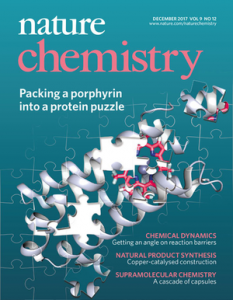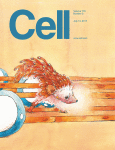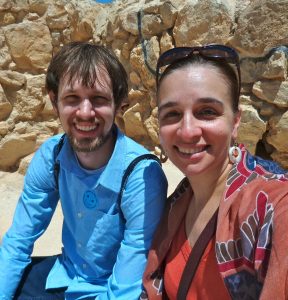
Title: Ghanaians Might Be at Risk of Inadequate Dietary Intake of Potassium
What Caught Our Attention: Potassium-rich diets are thought to be “heart-healthy,” and after examining the average dietary habits of Ghanaian adults, researchers determined the average potassium (K) intake to be well below global standards. However, the authors’ calculations of potassium intake per capita were too low by factor of 10, resulting in the incorrect conclusion that the average potassium intake was only 856 mg per day, an amount substantially lower than the World Health Organization (WHO) recommendation of 3510 mg/day. The new calculations show an average K intake of 8,560 mg/day, well over the WHO guideline.
We asked the corresponding author, David Oscar Yawson, about the source of the error, and he responded:
Continue reading Caught Our Notice: Oops — 10-fold error reverses heart warning for Ghanaians


 When economist Jason Hockenberry looked at data comparing some of the financial issues facing different U.S. hospitals, he was surprised by what he saw.
When economist Jason Hockenberry looked at data comparing some of the financial issues facing different U.S. hospitals, he was surprised by what he saw.


 A Rutgers computer scientist is retracting conference proceedings via an unusual channel: his personal blog.
A Rutgers computer scientist is retracting conference proceedings via an unusual channel: his personal blog.